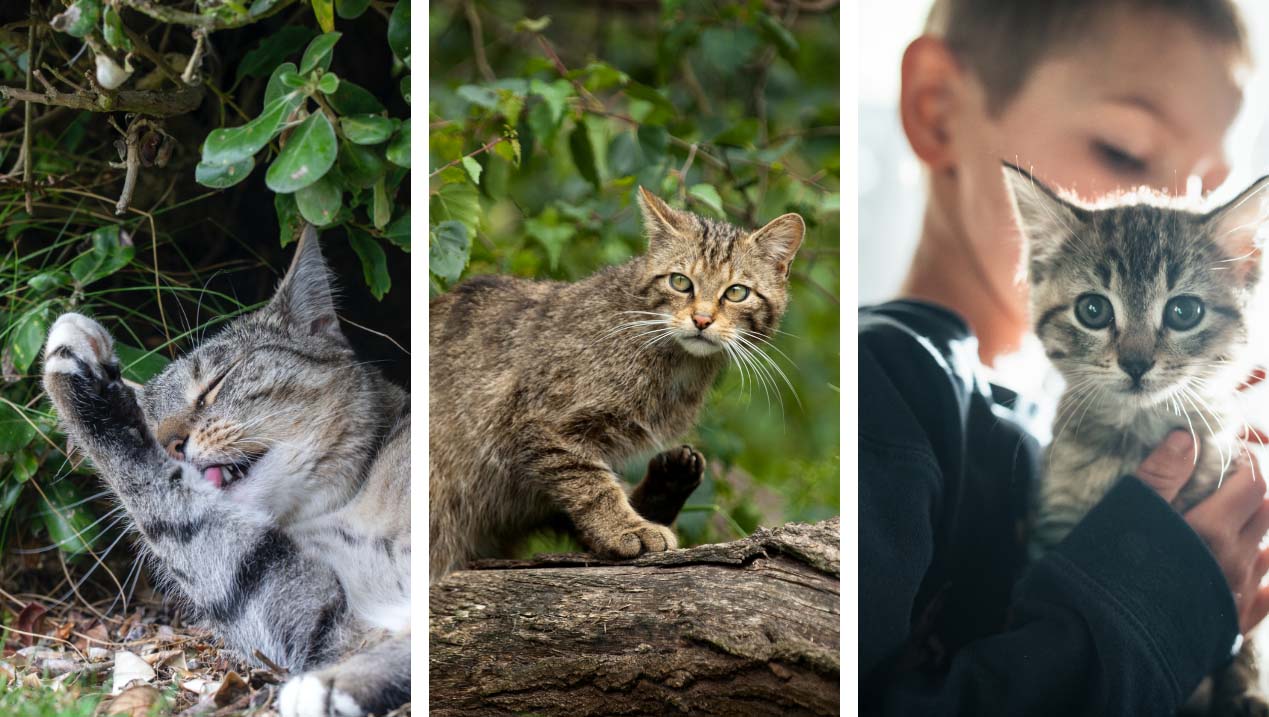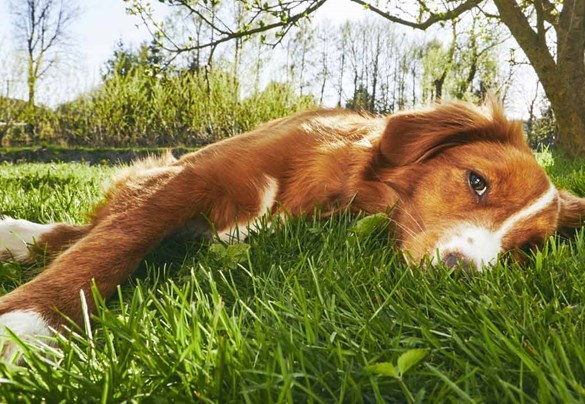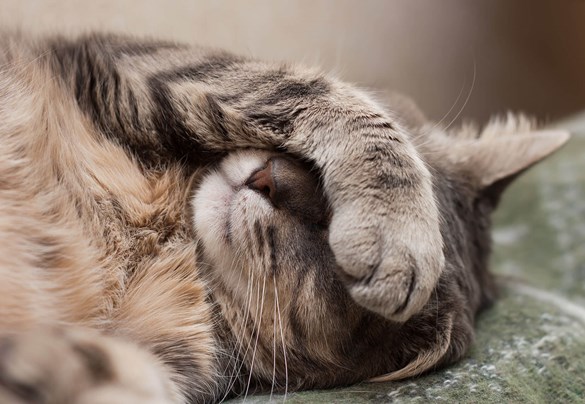
HOW CAN YOUR CAT GET WORMS?
SHARE THIS PAGE
It’s not the most wholesome of subjects, but over the course of their lives, almost every cat will get worms – so regular worming is so important to the well-being of your cat.
But how do cats get worms in the first place?
Here we explore how your cat or kitten can get worms – and even how your house-cat that never goes outdoors is at risk too.
THE MAIN WAYS YOUR CAT OR KITTEN CAN GET WORMS...
Your cat could contract worms simply by being a cat and doing what comes naturally to them, so things like grooming, scavenging, and hunting are all behaviours that can increase their risk of getting worms.
GROOMING
Cats love to groom themselves. But roundworm eggs can attach themselves to their fur, so when your cat licks or grooms themselves and the eggs are ingested, it’s a common way for your cat to develop a worm infection.
HUNTING
When your cat goes outside, a lot of the time they’re hunting, scavenging and generally roaming around, so they could contract worms by eating or interacting with other infected animals like birds or rodents.
FROM FLEAS
Thanks to the constant grooming that cats do, this is another very common way for your cat to contract worms. Tapeworm larvae can be carried by fleas that if ingested during grooming, can lead to adult tapeworms developing within your cat’s intestine. Fleas can also be a worm risk for house-cats.
EATING WORM EGGS
This is obviously unintentional, but if your cat ingests or comes into contact with worm eggs – usually via poo that other infected animals pass out – your cat could get worms. These eggs can also be transferred to house-cats via your footwear too.
EATING WORM LARVAE
Some worm larvae like hookworm can survive in soil, and if your cat digs or scrapes this soil, it can be ingested and cause an infestation.
AS A KITTEN
Your kitten can be infected via their mother’s milk – most commonly with roundworm – so that’s why it’s so important to start your worming routine early and keep it going regularly as your kitten becomes a cat and starts exploring more and more. This regular worming regime is really important as you or your family could also be affected by worms – and the associated health risks especially to young children and the elderly this could bring.

IT’S EASY TO WORM REGULARLY WITH DRONSPOT
Most cats will need worming regularly – sometimes as often as every month, especially if they’re outdoors a lot of the time, or in contact with young children and the elderly – and it’s easy with Dronspot, our spot-on formula.
You can find out more about our comprehensive range of products.
FIND OUT MORE ABOUT OUR COMPREHENSIVE RANGE OF PRODUCTS FOR CATS
OTHER PEOPLE ARE ALSO READING

SYMPTOMS OF WORMS IN DOGS
